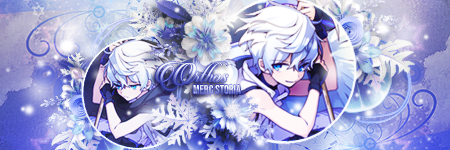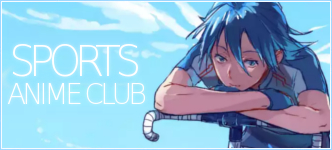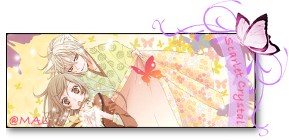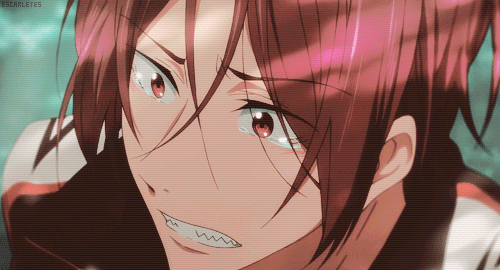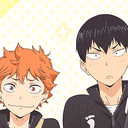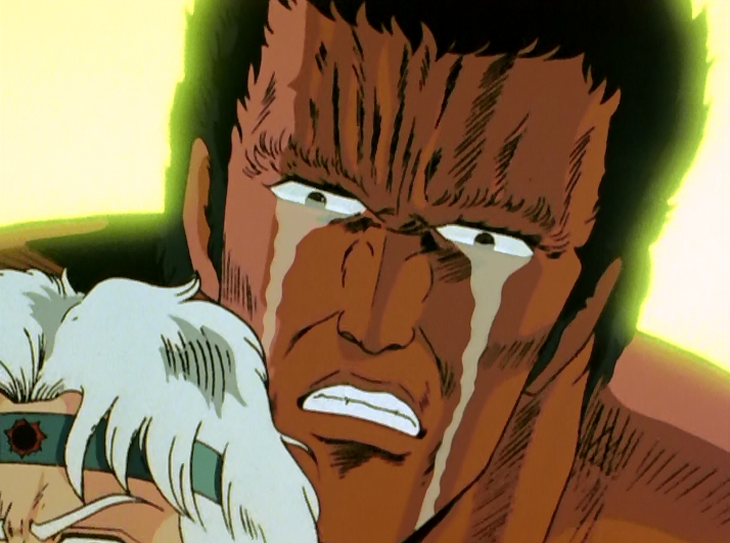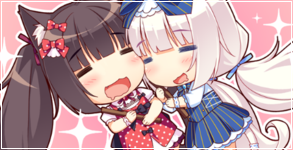This season has been a journey. Or rather, I should say this entire anime has been a journey. From a commercial and light novel to one of the most popular anime...Free! has definitely left its mark on the anime world. For me, it's been incredible- I've made many friends, I've learned a lot about relationships and artwork, and I found out a lot about how the world of anime works. It's really sad to see that the first anime I ever watched is ending [ though there will be OVAs, I know that it won't ever be the same ]. Free!, for me, was the bridge to the anime and manga world. And as lame as it sounds, anime helped me with a lot of things- through the actions of characters, I found out more about myself, I made friends that I'm so grateful for and who I would never have met if I hadn't begun watching anime, and from all the reviews that I wrote, I began to develop my own writing style. And to think that I wasn't planning on watching Free!
But enough sentimental gobbledygook; I'm 500% sure that none of you really are interested in that. So let's move on to the last episode. I'll try my best not to cry when I write this.
Firstly, the parallels between this episode and older parts of Free! were nostalgic and wonderful memories. From the last sequence of the commercial where it all began to Makoto helping Haru out of the bathtub, there were so many references to the other episodes that I couldn't possibly have counted them all! I think it was a very nice touch by KyoAni, and it really leaves the viewer with a sense of how far Free! has come. It's not that shallow anime dedicated entirely to fanservice, no, it's grown into something much more than that, with valuable lessons to be learned and experiences that, from talking to other people, I've found have affected us all.
I was worried that KyoAni wouldn't be able to squeeze everything into the last episode. And indeed, the last episode of Free! would be a tall order. Resolution of friendships, the race at nationals, tying up loose plot ends, showing the future...I didn't think it would be possible to combine all of that within 20-or-so minutes, but somehow, KyoAni managed to pull it off quite well. And even though there are some questions left unanswered- Gou and the Mikoshibros? Where did Rei and Nagisa go after their respective graduations? - this ending managed to show just enough glimpses into the future to leave me satisfied. Because in all honesty, I don't believe that an ending should resolve everything. It should resolve most of the things, but it should leave some things open to interpretation or imagination. This is a difficult balance. Too little, and you get complaints about how there was no information; too much, and for the viewer, it seems like you're constrained and unable to imagine scenarios for yourself. May I note that the end with the cherry blossoms was a wonderful addition? Seeing them not seriously swimming, but just joking around and having fun, enjoying the water without having to worry about anything...and in a way, the cherry blossoms are a metaphor for the future. We see them when Rin leaves for Australia, and when we usher in the second season. In the last episode, the cherry blossoms are a reassurance that the future continues, with a touch of uncertainty yet a tangible, indescribable sense of contentedness.
Haru found a way to pursue his dream without leaving the presence of his rock and best friend. It's honestly something I didn't expect. I thought that Haruka and Makoto would have to learn about what it means to part, how to live apart from each other...yet when I saw the ending, I realized, they're best friends. They need each other. Look at how Makoto welcomes everyone home [ making even the nicest people look rude and selfish ]; he's a stable force, he's not going anywhere. That's possibly why Haru felt so betrayed when he heard Makoto was going to Tokyo. Yet even so, Haru reciprocated and decided that he would go along with Makoto for once. Rin taught Haru that racing could be fun, and that it could potentially be a part of his life. Yet between Rin and Makoto, Haru found his own path. He decided to swim competitively, but not with Rin's team. He decided to go to Tokyo, but not in Makoto's classes. And that, I think, is truly meaningful. He didn't have to go out of his way to find his own path; it's already there for him, between the two who are his best friends. Yet even so...when Haru said that he was going to start caring about times and racing, it seemed bittersweet to me. It didn't sound like it was something he really wanted to do, but he had accepted that he needed to do that in order to continue swimming for the rest of his life. And life isn't fair. Often your dreams don't end out completely the way you plan them to be. You have to compromise, change your attitude, and try new things in order to make things work.
The three times I started crying- I'm not the type to break down in tears all the time, so I probably cried less than the average Free! fan- would be when Nagisa and Rei realized that the times were changing, when Iwatobi swam in their relay, and when the reprise of Ever Blue played. It is very easy- too easy, in fact- to imagine that Haruka and Makoto will be swimming on Iwatobi next year, that things won't change. If there's one thing to take away from this anime, however, it's that change happens and that it's inevitable. If you're willing to embrace it, it will never hurt you as much as if you try to prevent it. That's why Haruka and Makoto were standing by Rei and Nagisa. They accepted that change would happen, while Rei and Nagisa weren't willing to let change occur. While I think that demonstrates a maturity from Haru and Mako, I believe Rei and Nagisa also represent most of us. Human beings fear change. We fear the unknown. I admire Nagisa and Rei for acknowledging that change can be sad, and that they were able to move past it and welcome the change, i.e. the new recruits for Iwatobi.
The Iwatobi relay really conveyed how much all of the boys trust each other, and how much they rely on each other. Sousuke was reluctant to participate in relays because it requires that you invest a great amount of trust in other people, and that you are accepting of mistakes. What I think is one of the best aspects of Haruka, Makoto, Rei, and Nagisa is that they are forgiving. They never blame each other for errors, instead quietly encouraging each other. When Rei couldn't swim, they didn't yell at him or kick him off the team, they invested lots of time in teaching him how to swim. When Makoto had a late start in the relay and this resulted in a loss to Samezuka, nobody yelled at him. Willingness to cooperate and overlook errors that would cause animosity are two qualities that are vital for a relay team. There cannot be scapegoating or looking for someone to lay all the blame on. Accept errors, and move on.
As a quick note, some of my friends were complaining that Iwatobi was 6th place when it appeared that they had won first. I'd like to defend the swimming boys; in a swim meet, there are different "heats" of events so that everyone has a chance to compete. There are only so many lanes in a pool, after all. So they split people into groups, and thus you could have lots of teams competing in one event, but at different points in time since they can't all fit into the pool at once. Iwatobi got first in their heat. That's an accomplishment in itself, considering that many of the other teams might have more funding, more members, more support, better equipment...and 6th overall? Imagine how many teams in total would be competing in the medley relay.
This was an episode that transcended my expectations. It's far more than I could have wished for. I'm going to miss this anime, but I think I'm one of the few who would be okay without a third season or a movie. I'm sorry for writing so much :') |

